
Hochschule Offenburg: The POSITIVE impact Challenge
The POSITIVE Impact Challenge is taking place between 14-16 April 2026, and is inviting social organizations, members of civil society

The POSITIVE Impact Challenge is taking place between 14-16 April 2026, and is inviting social organizations, members of civil society

On Monday, January 19, and Thursday, January 22, meetings officially inaugurating the ChallengeEU Mentoring Programme took place. The programme is
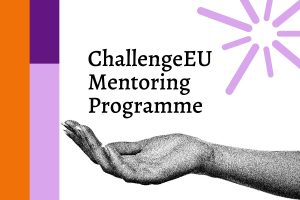
Kick-off Meeting of the ChallengeEU International Mentoring Programme marks the official start of the programme and provides a shared framework
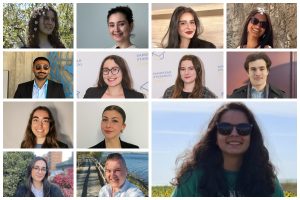
As the calendar year is coming to an end, we will soon say goodbye to the first composition of the
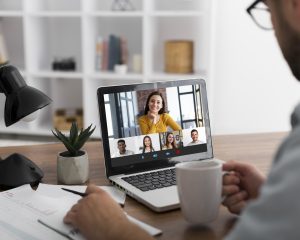
On December 18, ChallengeEU organized its first Online Café on Artificial Intelligence, bringing together professors from across the Alliance to
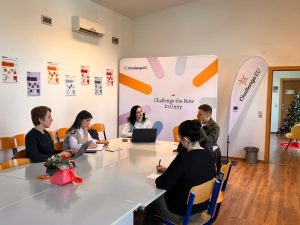
Over the past two weeks, M.A.R.K.E.T. Officer Shpresa Alija, together with team members of working package 4, has been engaged
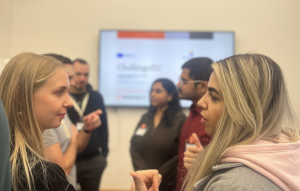
On 12 December, HSO PhD candidates demonstrated a strong commitment to scientific innovation by taking part in a networking visit
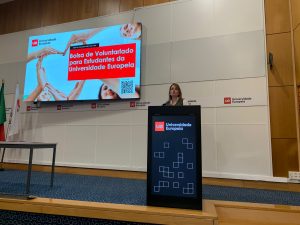
December brought Universidad Europeia de Lisoboa a clear roadmap of commitment to the community: bringing academia closer to people, creating
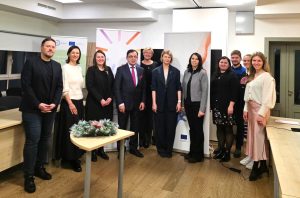
On 11 December 2025, ChallengeEU’s Associated Partners met at LBTU’s Technology and Knowledge Transfer Centre in Jelgava to strengthen regional
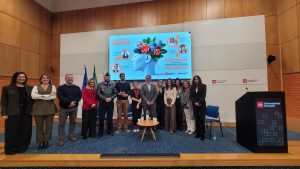
On 4 December, Quinta do Bom Nome, one of Universidade Europeia’s campuses in Carnide, hosted a vibrant gathering that brought

This site uses cookies. Visit our cookies policy page or click the link in footer for more information and to change your preferences.